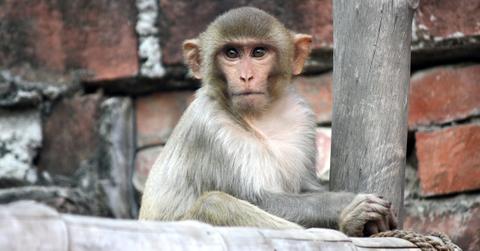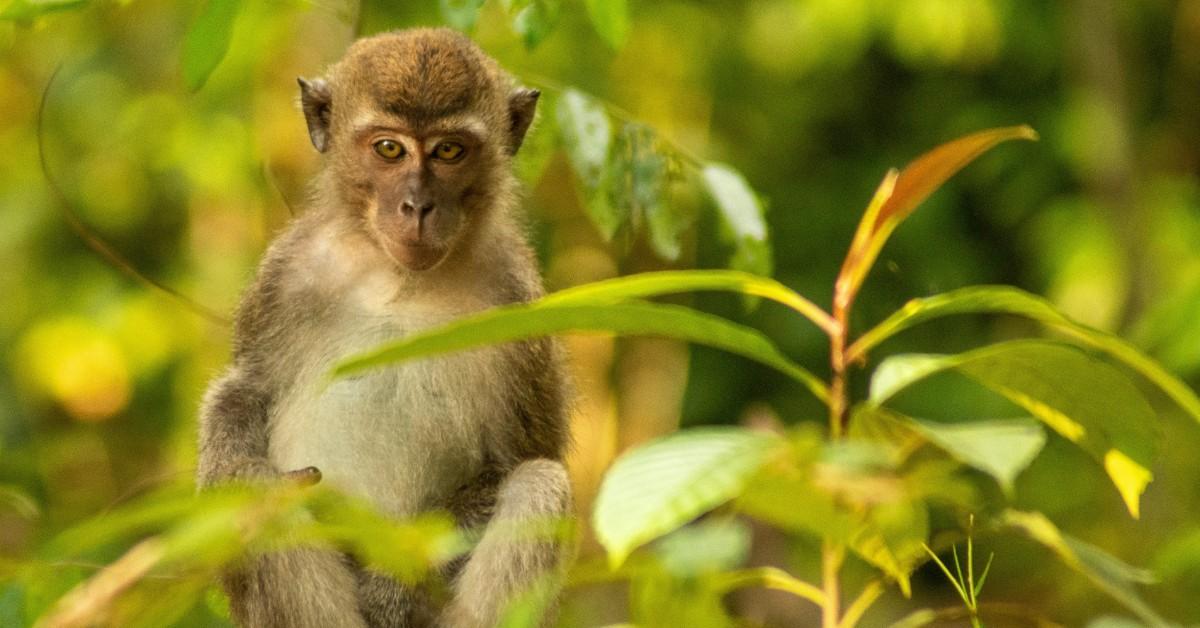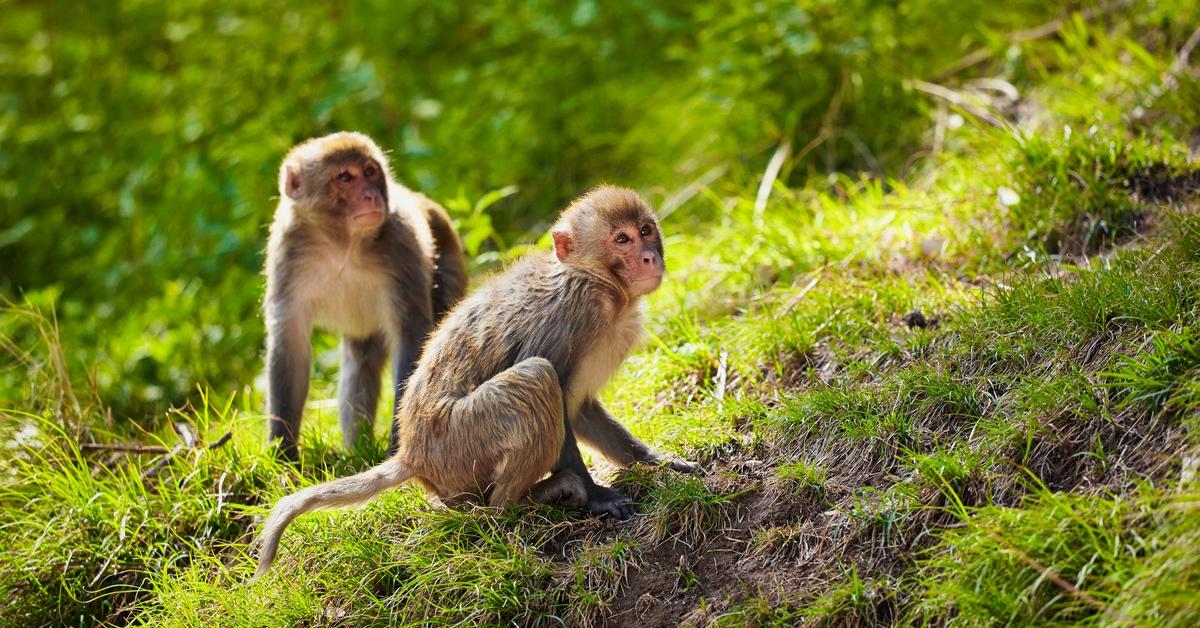6 Monkeys Are Still on the Loose After Research Lab Escape in South Carolina
People have been told to keep their doors and windows locked until the monkeys are located.
Updated Nov. 18 2024, 4:24 p.m. ET

In November 2024, South Carolina police alerted a small town that 43 monkeys had escaped from a local research lab. The primates were reportedly taking part in clinical trials related to the treatments of certain disorders.
As such, law enforcement officials advised locals to keep their homes secured and avoid interacting with the monkeys if spotted.
The lab responsible for the breach hasn't offered much information to local police regarding what type of tests the monkeys were involved in, adding an extra layer of mystery to the escape.
Here's everything you need to know about the monkeys who escaped from the South Carolina research lab, including the importance of reconsidering the use of animals when it comes to testing products and treatments, especially when so many are calling to ban this inhumane process.

43 monkeys escaped in Yemassee, South Carolina.
As of Nov. 18, 2024, six monkeys are still on the loose after 43 had escaped from a South Carolina compound owned by Alpha Genesis. According to the Associated Press, the total of recovered monkeys is at 37 out of 43.
Upon their return, monkeys were given "peanut butter and jelly sandwiches and monkey biscuits." The biscuits are made from a custom Purina Monkey Chow blend specifically formulated for the primates, per an updated notice from Alpha Genesis CEO Greg Westergaard via the Yemassee Police Department Facebook page.
According to NBC News, the outbreak occurred sometime during the night on Nov. 6, 2024.
When it comes to primate testing, Alpha Genesis is one of the largest testing facilities in the U.S. While the company received a grant in 2018 to use the monkeys to study brain disorders like dementia, per Outsourcing Pharma, Alpha Genesis released a statement on Nov. 7 to the Yemassee Police Department Facebook page stating the escaped monkeys had never been used for testing due to their young age.
According to CBS News, what was previously reported as a loose cage was actually a caretaker who "failed to secure a door at the enclosure," accidentally freeing the primates. "It's really like follow-the-leader. You see one go and the others go," Westergaard said to the outlet. "It was a group of 50 and 7 stayed behind and 43 bolted out the door."
Here's what residents are being advised to do:
It's obvious that the authorities are concerned about public welfare when it comes to these monkeys, which is likely why they issued a stern but clear message to those that live within Yemassee's borders.
"Residents are strongly advised to keep doors and windows secured to prevent these animals from entering homes,” NBC says a statement from the Sheriff’s Department read.
In addition to keeping property secured, the police told residents to avoid interacting with the animals at all if they spot them in the wild, instead instructing them to call 911 for assistance.
The escaped primates are rhesus macaques, which are commonly used for scientific research, per the Guardian. Additionally, the Alpha Genesis website states the primary use for the primates is to sell the primates to other medical facilities and researchers.

This isn't the first time monkeys have escaped from Alpha Genesis.
Unfortunately, this isn't the first time Alpha Genesis has dealt with this. According to Gregory Alexander, Yemassee's police chief, missing primates are a fairly common problem.
"It's not the first time it's happened," the chief said in a statement to the Island Packet. "They come back because they (know) where the food's at."
Escaped research animals appear more common than thought. That's because many of these creatures are kept in inhumane conditions and exposed to cruel and unusual treatments during testing processes.
This article, originally published on Nov. 7, 2024, has been updated.